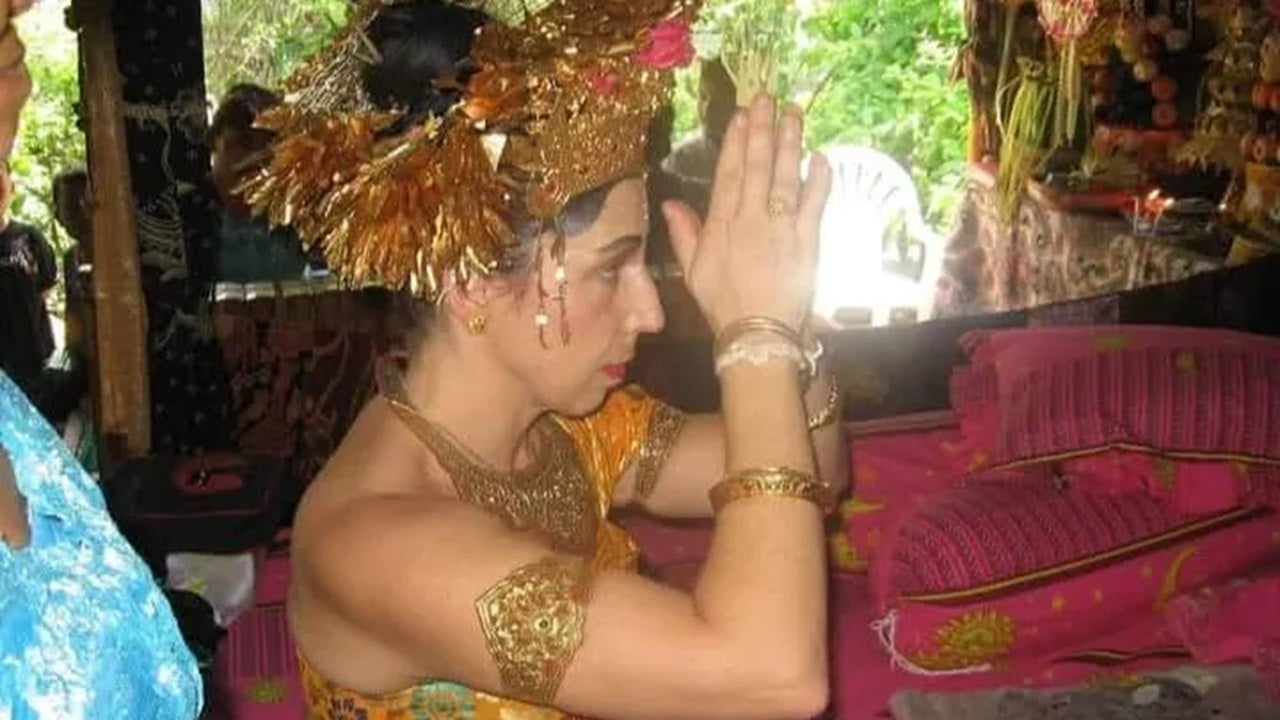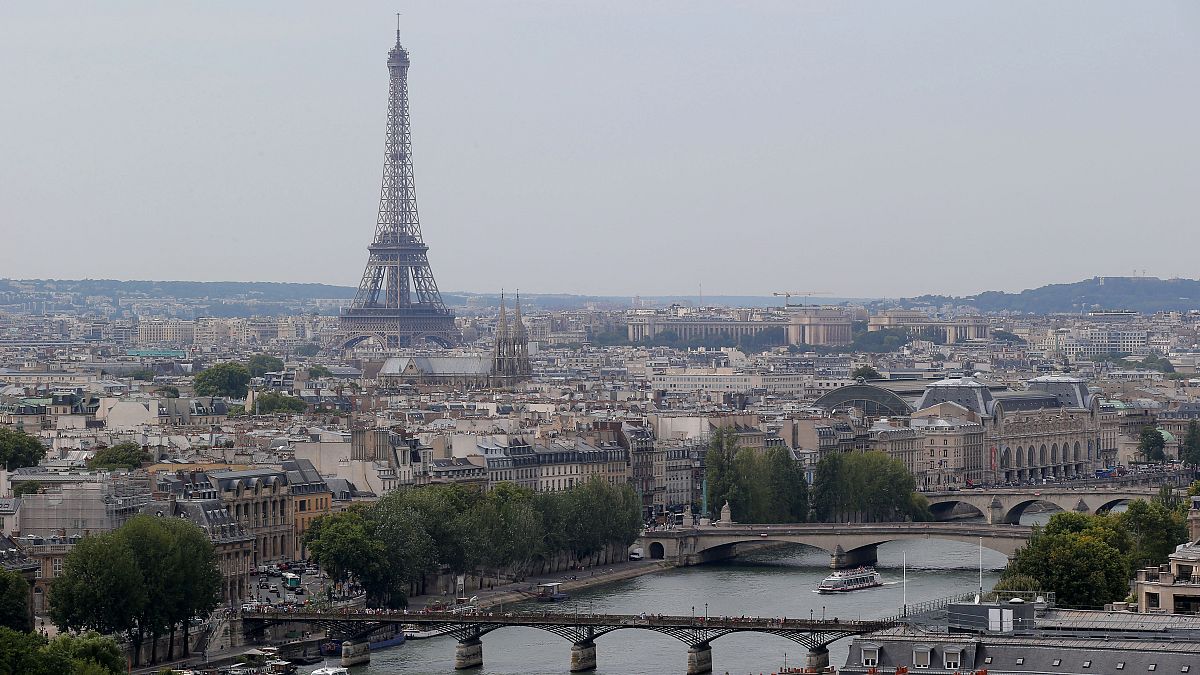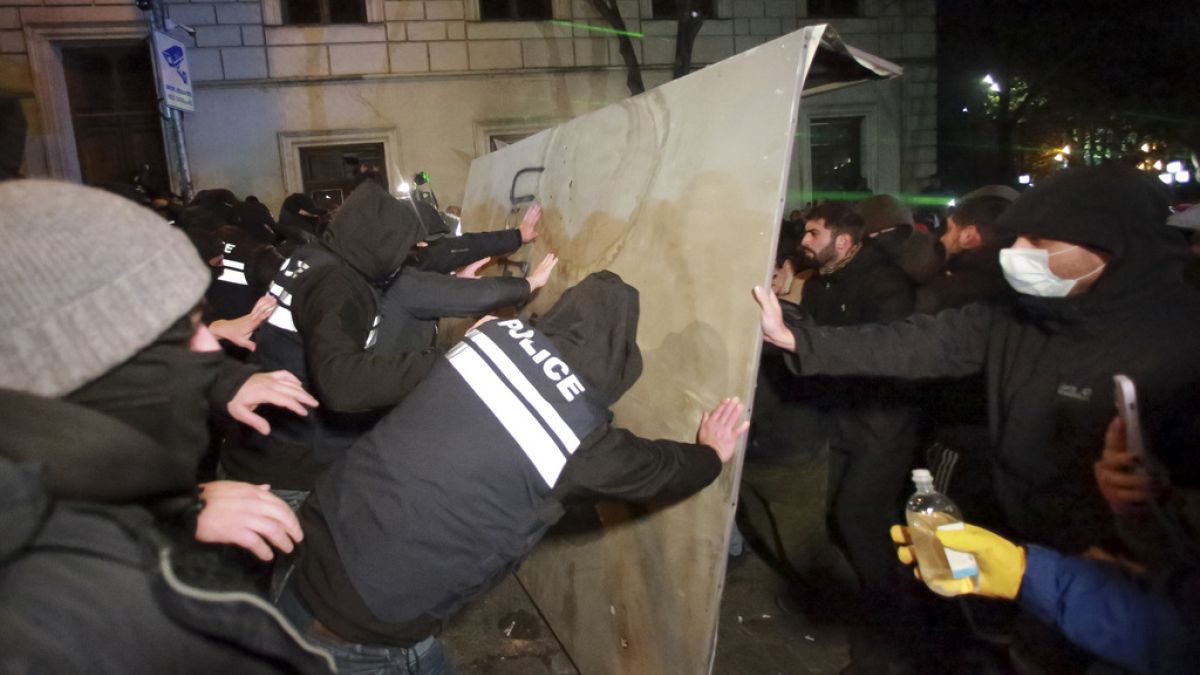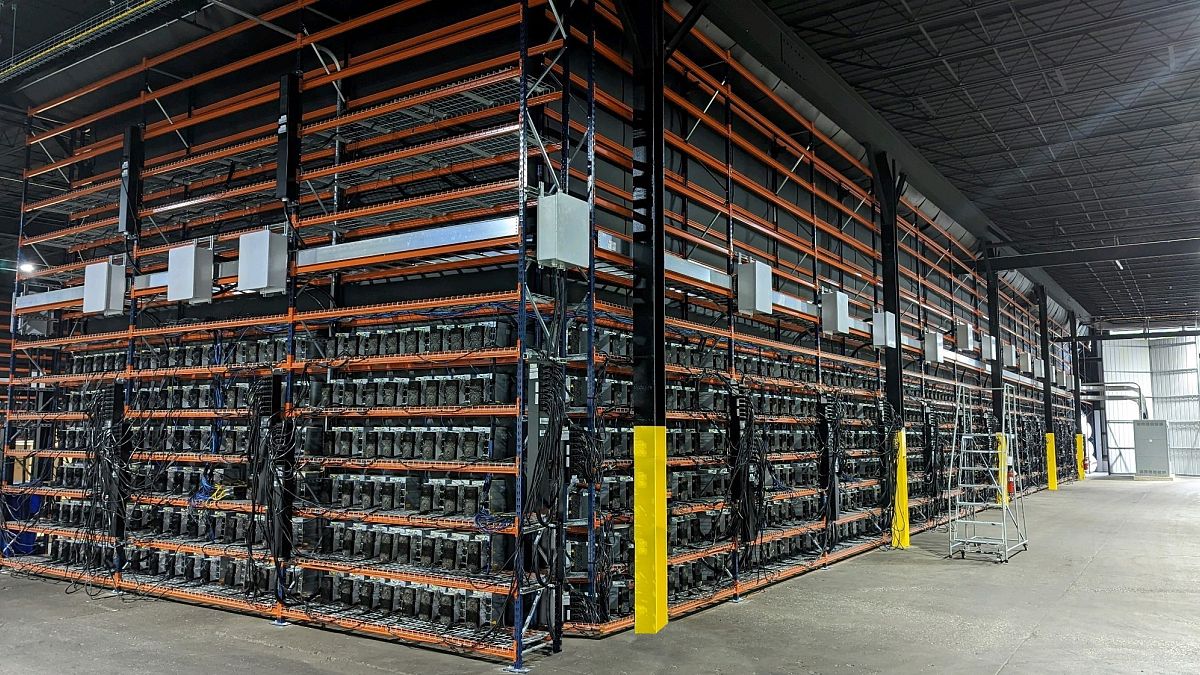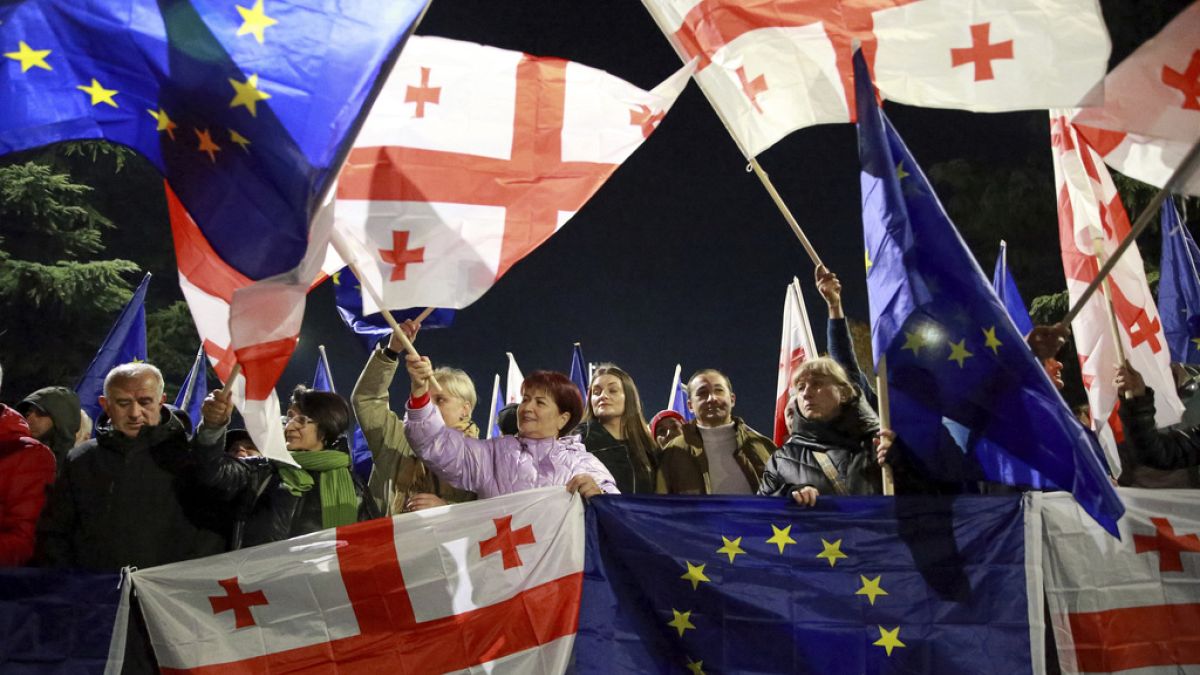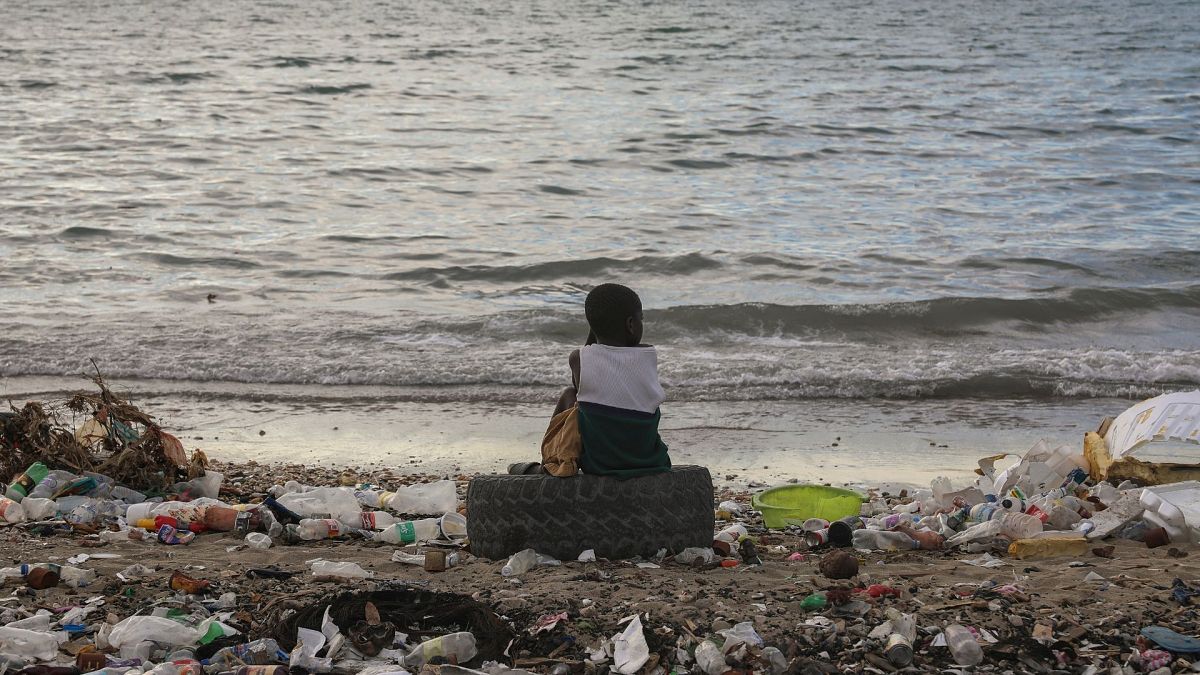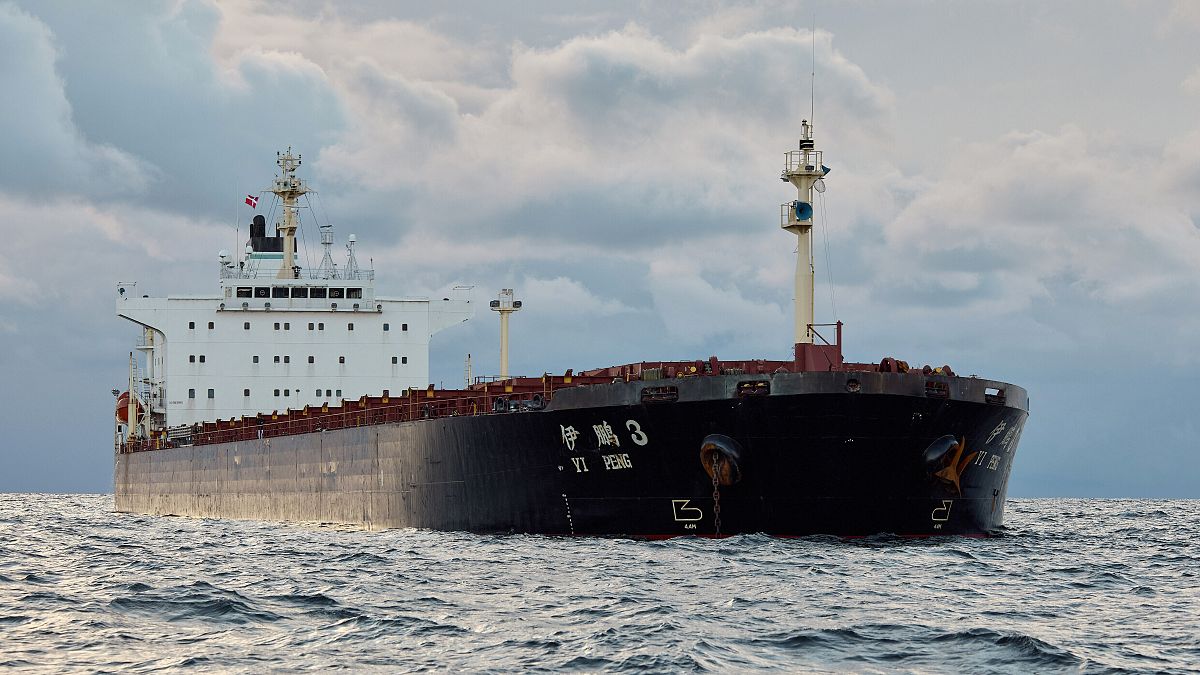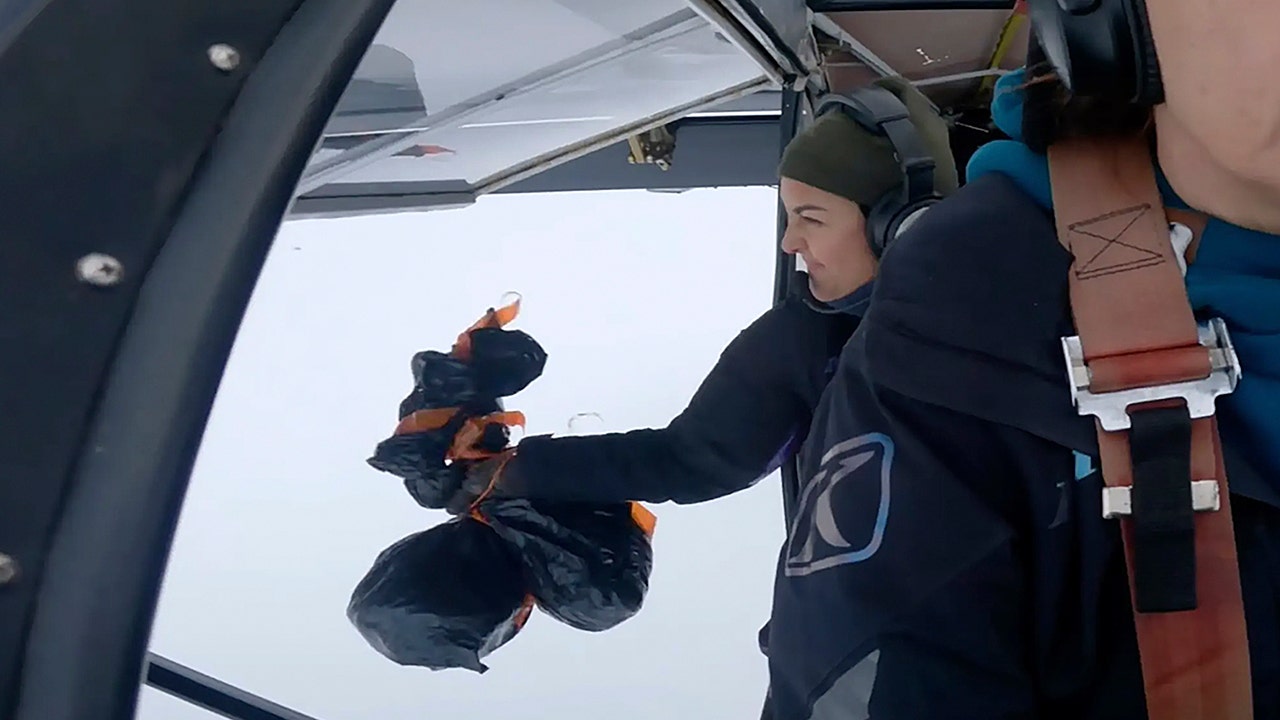Thousands of protesters flooded the streets surrounding the Georgian Parliament to voice their objection to the ruling party’s decision to suspend EU-accession talks.
Protesters clashed with police in the capital Tbilisi on Thursday night after the government suspended talks on its bid to join the European Union for four years.
Prime Minister Irakli Kobakhidze of the Georgian Dream party announced the decision in a press conference, stating the long sought after bid to join the bloc will not be on the agenda until the end of 2028.
The announcement came just hours after the European Parliament adopted a resolution condemning the October 26 election, citing major irregularities leading to “neither free nor fair” elections.
Brussels says Georgia’s ruling party is fully responsible for the continuing decay in democratic functions in the country. Irregularities included “documented cases of intimidation of voters, vote manipulation, interference with election observers and media and reported manipulation involving electronic voting machines.”
The European Parliament called for elections to be re-held under international supervision within a year, and for sanctions to be imposed on top Georgian officials, including the prime minister.
Kobakhidze insisted that Georgia is a European country and that “it is our responsibility to make Georgia a full-fledged member of the European family,” but that “Georgia-EU relations are bilateral and can only be bilateral.”
He continued saying “We are a proud and self-respecting nation with a long history. Therefore, it is categorically unacceptable for us to consider integration into the European Union as a favour that the European Union should grant us.”
Kobakhidze also said that the government will refuse all funding coming from Brussels. The EU announced earlier that it was cutting any budgetary support to Georgia over the so-called “foreign agent” law and other decisions made by Georgian Dream that were seen as anti-democratic.
With the opposition refusing to recognise the new parliament’s legitimacy and boycotting its proceedings, Kobakhidze will continue as prime minister. The Georgian parliament has approved his new cabinet, but the opposition’s seats are left vacant.
The parliament has backed an independent international investigation into electoral manipulation allegations in Georgia, urging the EU, its member states and the international community not to recognise them.
Kobakhidze insisted Georgia’s EU bid is merely on pause, not scrapped. In his address, he pledged to continue implementing necessary reforms in the coming four years, declaring that by 2028, the country will be more prepared than all other candidate countries to re-open accession talks, and become a full-fledged member state in 2030.
Tbilisi formally applied for EU membership in March of 2022 following Russia’s invasion of Ukraine. They were granted EU Candidate Status in December the following year, to the delight of many Georgians who celebrated on the streets of the capital. Protesters say they will continue to demonstrate against this injustice until their demands are met.
